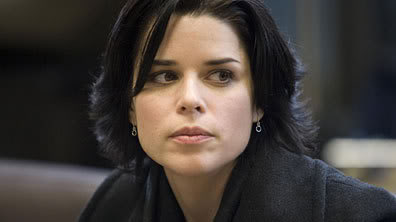
by Shaun Chamberlin | Jul 27, 2008 | All Posts, Climate Change, Cultural stories, Peak Oil, Politics, Reviews and recommendations
I have just watched the BBC’s outstanding thriller Burn Up, starring Rupert Penry-Jones, Marc Warren, Bradley Whitford and Neve Campbell (trailer available here). It is a dramatic account of the intrigue, betrayal, sex and violence surrounding characters in the...
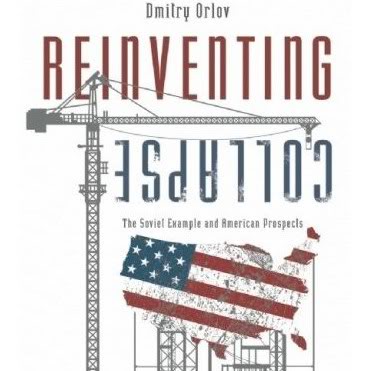
by Shaun Chamberlin | Jun 29, 2008 | All Posts, Climate Change, Cultural stories, Favourite posts, Peak Oil, Philosophy, Reviews and recommendations, TEQs (Tradable Energy Quotas), Transition Movement
As George Carlin once said, “they call it the American dream because you have to be asleep to believe in it”. At the risk of this blog becoming ‘review corner’, that seems the perfect introduction to the book I just finished reading — Dmitry...
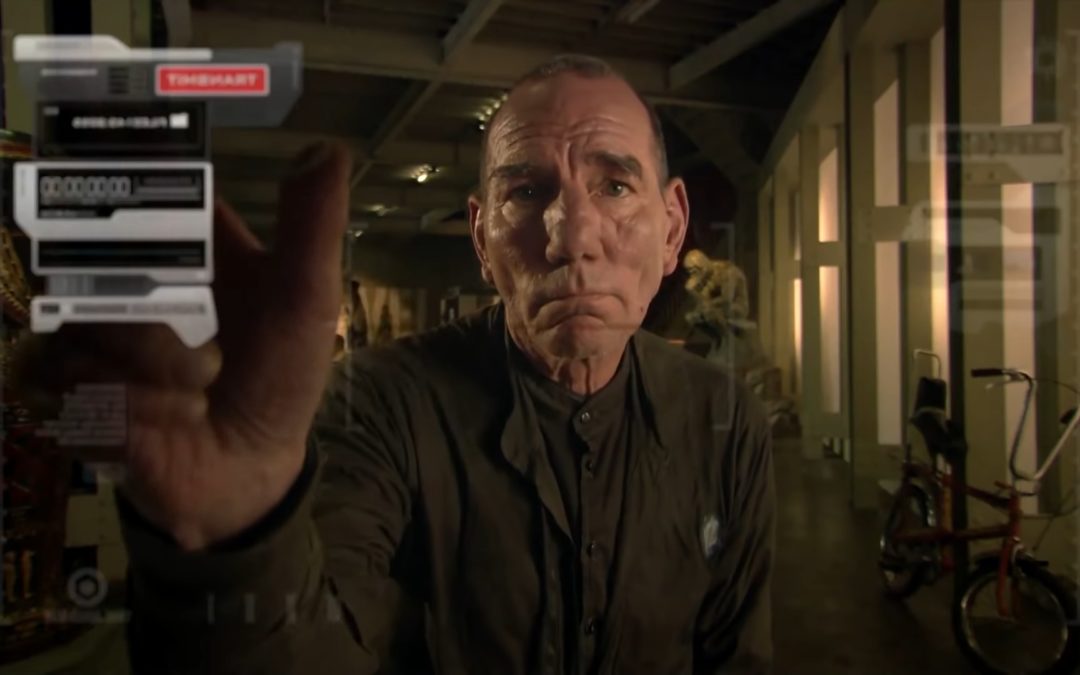
by Shaun Chamberlin | Jun 23, 2008 | All Posts, Climate Change, Cultural stories, Reviews and recommendations
Having now had the privilege to see this film twice as it has developed I can’t wait to witness the impact its full release will have on shifting the consciousness of the world around the issue of climate change. The breadth of vision, brilliance of presentation...
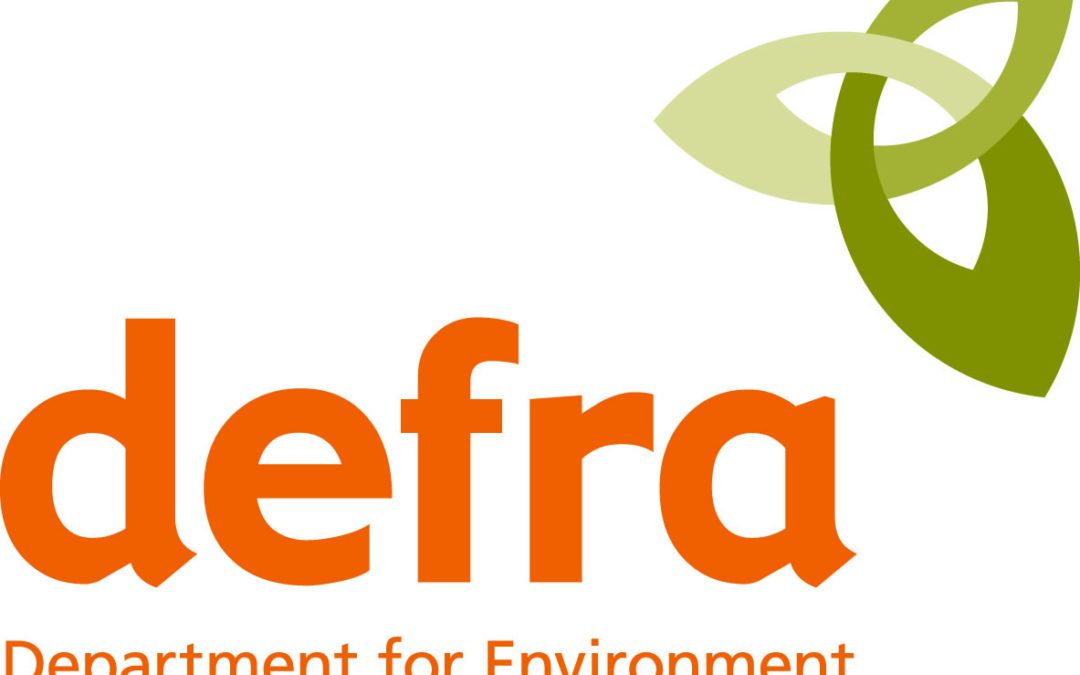
by Shaun Chamberlin | May 19, 2008 | All Posts, Climate Change, Peak Oil, Politics, Reviews and recommendations, TEQs (Tradable Energy Quotas)
This is just a quick post to point people towards the DEFRA pre-feasibility study into TEQs that came out earlier this month, and in particular the critical responses to it posted by the Centre for Sustainable Energy and The Lean Economy Connection (pdf) (this one...
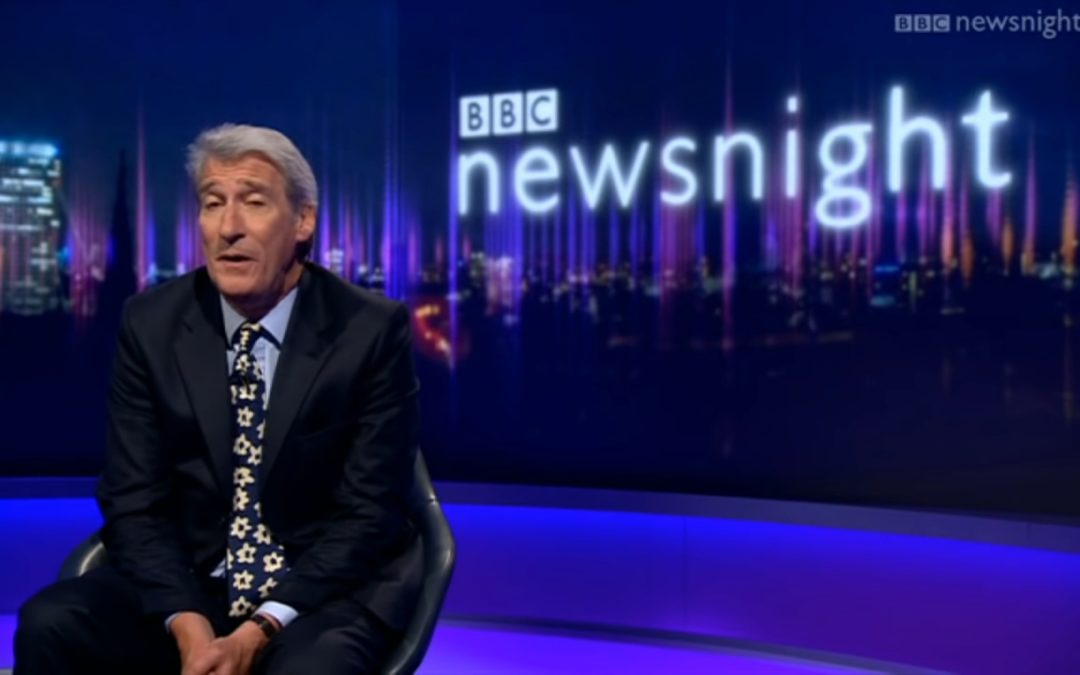
by Shaun Chamberlin | Mar 11, 2008 | All Posts, Politics, Reviews and recommendations, TEQs (Tradable Energy Quotas)
There was an interesting discussion on Newsnight last night regarding green taxation. The programme can be seen free-of-charge for the next 6 days through the BBC iPlayer The full feature is no longer available online, but is summarised below. The three guests for the...







Recent Comments